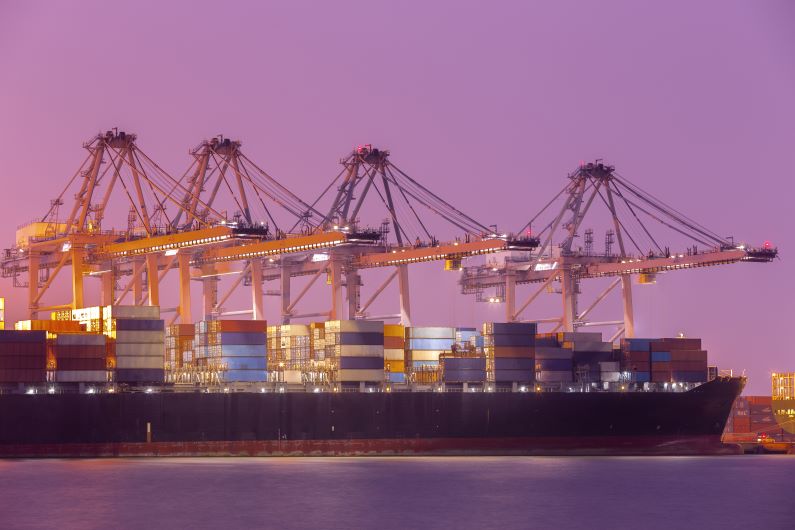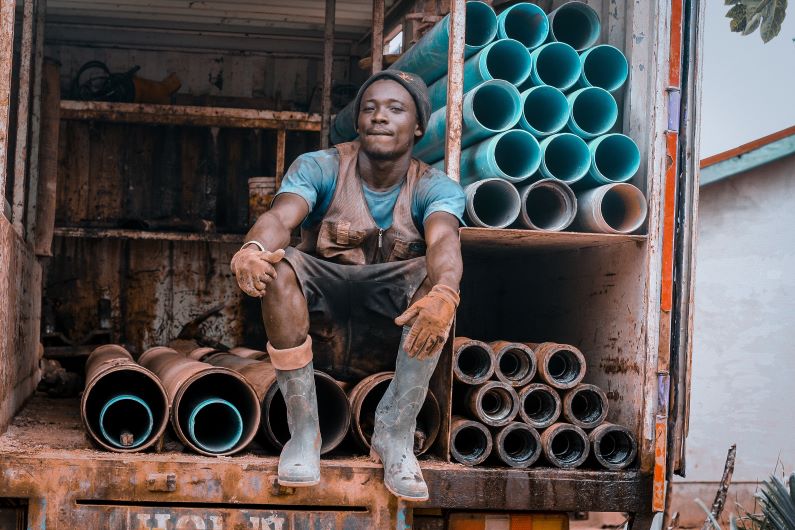
Caption: South Africa can unlock its full potential and create opportunities for sustainable economic growth and prosperity.
In a recent episode of Podcasts From the Edge, Peter Bruce of the Business Day engages in a conversation with trade expert Donald MacKay from XA International Trade Advisors, delving into the intricate dynamics of trade in South Africa. This is Part 4 of a five-part article.
… continued from Part 3.
The dialogue underscores the complexities of South Africa’s industrial policy landscape, where government interventions intersect with economic imperatives and social objectives. As the country grapples with the imperative of economic transformation and empowerment, balancing the aspirations of black entrepreneurs with the realities of entrenched industrial structures remains a formidable challenge.
The conversation between Bruce and MacKay illuminates the various dynamics of government intervention in business operations and industrial development in South Africa. By fostering transparency, accountability, and collaboration between the public and private sectors, policymakers the complexities of industrial policy can be more easily navigated while simultaneously promoting inclusive economic growth and empowerment.
Referencing the inherent challenges of creating black industrialists through government intervention and subsidy programmes, MacKay notes that there may be noble intentions behind such initiatives, but the reality is that they risk perpetuating dependence on state support rather than fostering genuine economic empowerment.
He emphasises the fragility of a system where individuals become reliant on government for business opportunities, export contracts, financing, and market access. Such dependence undermines the entrepreneurial spirit and resilience necessary for sustainable business growth and success.
MacKay critiques the approach of attempting to artificially create industrialists without addressing underlying structural issues such as low productivity, inadequate education, and uncompetitive business environments. He draws parallels to the fallacy of quotas in sports teams, highlighting that true transformation requires systemic reforms rather than superficial interventions.
Reflecting on his own upbringing in a family of entrepreneurs, MacKay acknowledges the challenges and opportunities inherent in the business landscape. He emphasises the importance of fostering a market-friendly environment that incentivises entrepreneurship, innovation, and competition.
In response to Bruce’s query about the right approach to addressing economic and industrial inequality, MacKay advocates for a holistic strategy centered on systemic reforms and market-oriented policies. Rather than relying solely on government intervention and subsidy programs, he calls for initiatives that prioritize education, skills development, infrastructure investment, and regulatory reform.
MacKay underscores the importance of empowering individuals to thrive in a competitive marketplace where success is earned through hard work, innovation, and entrepreneurship. By addressing structural barriers and fostering a conducive business environment, South Africa can unlock its full potential and create opportunities for sustainable economic growth and prosperity.
Continued in Part 5…
More news
- PART 2: CONCRETE IN THE DESIGN OF A UNIQUE LUXURY HOME IN GEORGE, SOUTH AFRICA
- PART 1: CONCRETE IN THE DESIGN OF A UNIQUE LUXURY HOME IN GEORGE, SOUTH AFRICA
- MVULE GARDENS, AFRICA’S LARGEST 3D-PRINTED AFFORDABLE HOUSING PROJECT
- PART 3: HARNESSING THE POTENTIAL OF HIGH SULPHUR FLY ASH IN CONCRETE PRODUCTION
- PART 2: HARNESSING THE POTENTIAL OF HIGH SULPHUR FLY ASH IN CONCRETE PRODUCTION





